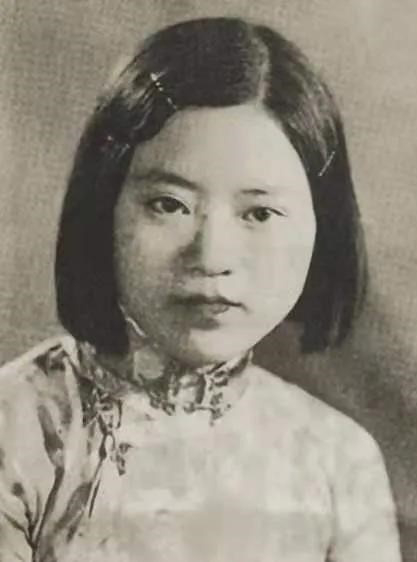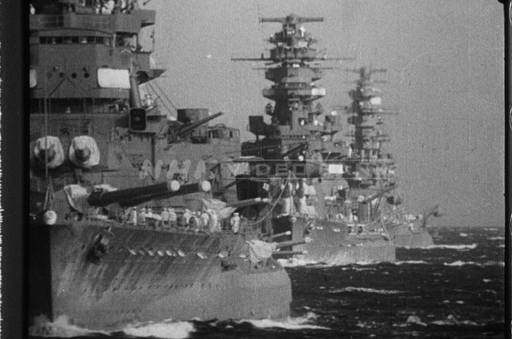

Why did people reject the KMT in favor of the CCP during the Chinese Civil War? What was the issue?
Why did people reject the KMT in favor of the CCP during the Chinese Civil War? What was the issue? The rejection of the Kuomintang (KMT) in favor of the Chinese Communist Party (CCP) during the Chinese Civil War (1927–1949) was influenced by several factors:
Corruption and Inefficiency:
The KMT government, led by Chiang Kai-shek, was widely perceived as corrupt and inefficient. The party’s administration was marred by scandals and poor governance, which led to widespread dissatisfaction among the populace.
Economic Struggles:
The KMT struggled to manage the economy, which suffered from high inflation, economic instability, and widespread poverty. This economic mismanagement contributed to the population’s discontent.
Social Inequality:
The KMT was seen as favoring the wealthy and urban elites, while neglecting the needs of the rural poor. The CCP, on the other hand, promised land reform and better conditions for peasants, which appealed to the majority of the population who were farmers.
Military Failures:
The KMT’s military performance during the war with Japan (1937–1945) and later against the CCP was often criticized. Many saw the KMT as ineffective and unable to secure significant victories, whereas the CCP’s forces were perceived as more disciplined and capable.
Land Reform and Social Policies:
The CCP implemented land reforms in areas they controlled, redistributing land from wealthy landowners to poor peasants. This was a significant draw for the rural population, who saw the CCP as working for their interests.
Nationalist Sentiment:
The CCP positioned itself as a champion of Chinese nationalism, which resonated with many who were disillusioned with the KMT’s perceived failures and corruption.
Effective Propaganda:
The CCP was effective in propaganda, presenting itself as the true defender of China’s sovereignty and working for the common people’s benefit. This helped to build a strong base of support among various segments of society.
These factors combined to erode support for the KMT and strengthen the CCP’s position, leading to the eventual victory of the Communists and the establishment of the People’s Republic of China in 1949.




